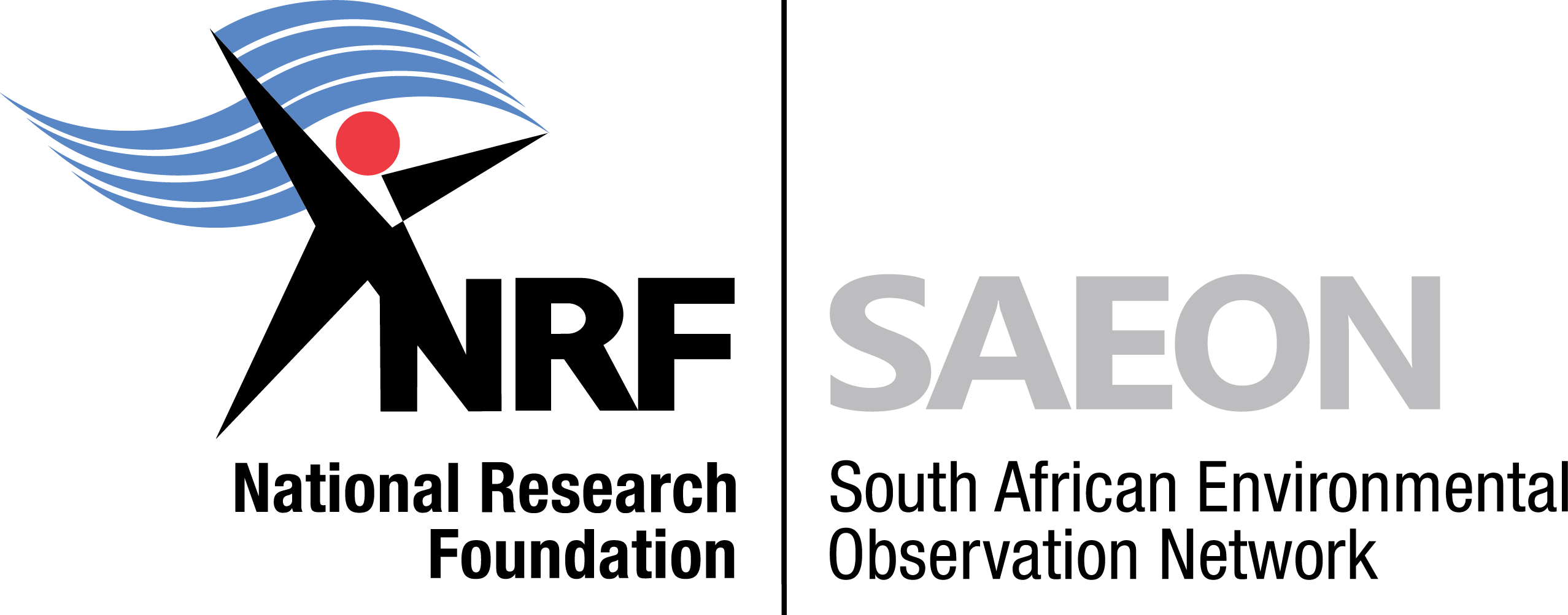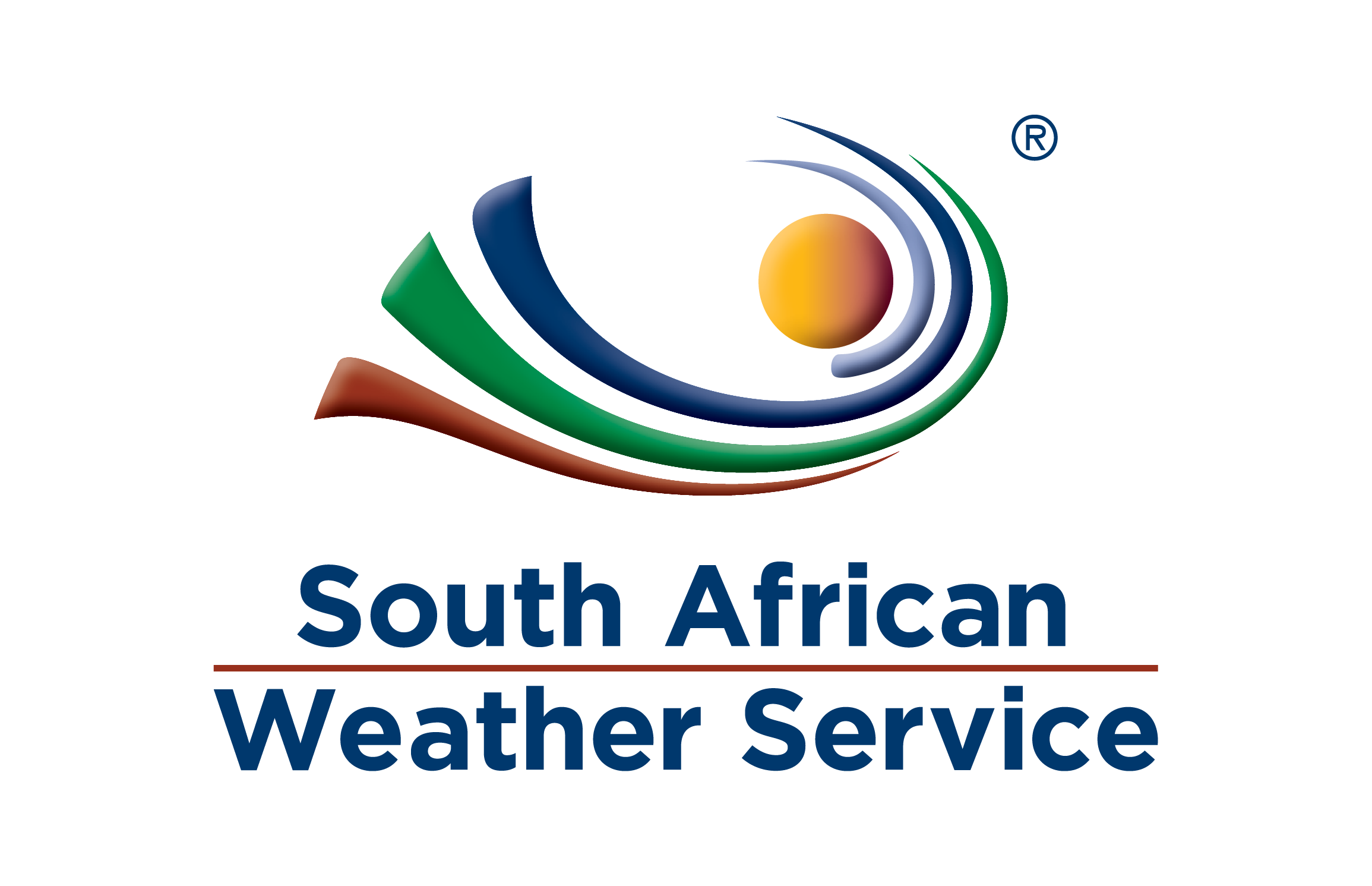What is climate finance?
Climate finance refers to local, national or transnational financing—drawn from public, private and alternative sources of financing—that seeks to support mitigation and adaptation actions that will address climate change. Tracking climate finance is part of the Government of South Africa ’s strategic intervention to build climate finance capacity so that it can better coordinate resource mobilization and track climate change expenditures. Climate public expenditure and budget analyses are important to establish evidence-based resource allocation for climate change-related actions, ensuring a balance between adaptation and mitigation actions. South Africa is developing a Climate Finance Tracking Framework that will track climate finance inflows and outflows in South Africa. The DFFE concluded an MoU with the Green Cape on data and information sharing to allow for a comprehensive analysis of climate finance data available in the country that can be effectively used for tracking and reporting processes.
In terms of tracking domestic finance, the DFFE has been requested by the National Treasury to pilot the Climate Budget Tagging Framework as part of Phase 2 of the project rollout. The CBT Framework identifies, classifies, weighs, and marks climate relevant expenditures in terms of its national and international commitments toward the development of and transition towards a low carbon economy and climate resilient society. Climate finance budget coding, tracking, and reporting is part of the Government of South Africa’s strategic intervention to build climate finance capacity to better coordinate resource mobilization and track expenditures on climate change at both the national and county levels. The CBT will enable the South African government to report, monitor and verify its climate finance expenditure in terms of its national and international commitments towards transitioning to a low-carbon economy and climate resilient society consistent with national policies, strategies and its international commitments.
In terms of considering new emerging issues, South Africa is developing a Climate Finance Tracking Framework that will also track financial flows under article 6. Article 6 presents an opportunity for South Africa to unlock the new line of climate finance to help scale up its NDC ambition. South Africa is currently at the very early stages of processes to achieve Article 6 readiness. The key priority for South Africa to achieve Article 6 readiness is to develop the ‘’Article 6 Framework” which will lead to implementation. The framework has been developed and will undergo a public consultation process. In terms of climate finance implications, Article 6 sets out how countries need to pursue voluntary cooperation to achieve their climate targets. The Article 6 Framework enables international cooperation to tackle climate change and unlock financial support for developing countries.
Moreover, South Africa is contributing to the Data Gaps Initiative (DGI) which was launched in 2009 by the G20 Finance Ministers and Central Bank Governors (FMCBG) to close the policy-relevant data gaps identified following the global financial crisis. The successful conclusion of DGI-1 in September 2015 led to the launch of the second phase (DGI-2), with the objective of ensuring regular collection and dissemination of reliable and timely statistics for policy use. DGI-2 concluded in December 2021. The Department of Forestry, Fisheries and the Environment is responsible for reporting on Recommendation 7 on Climate Expenditures on Mitigation and Adaptation.
In line with National Climate Change Response Policy adopted by Government in 2011, South Africa is tracking climate finance information inflows and outflows from bilateral and multilateral financial expenditures on climate change adaptation and mitigation. This information is published in the Biennial Update Reports (BURs) under the United National Framework Convention on Climate Change (UNFCCC). Climate public expenditure and budget analyses are important to establish evidence-based resource allocation for climate change-related actions, ensuring a balance between adaptation and mitigation actions. Climate finance covers the entire cycle – from mobilizing resources to using, coding, tracking, and reporting climate change-related expenditures by both government and non-government entities.
Climate Change Projects & Financing in the Free State 2021-2024:
A Penny for a Greener Tomorrow:
The municipal climate finance guideline document below provides a comprehensive overview of financing options available to municipalities for climate action projects. It outlines key financial concepts, defines climate finance, and explores sources of funding. The guideline also emphasizes the importance of aligning local initiatives with national and international efforts to build climate resilience and support sustainable development.
Read more below:

Copyright © 2024 Department of Forestry, Fisheries and the Environment.

